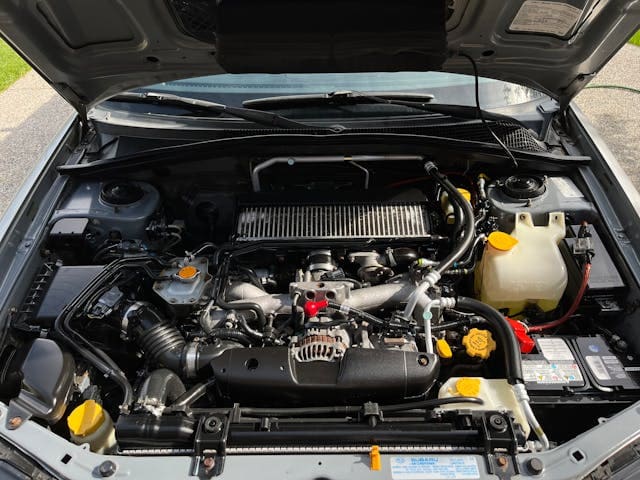Choosing the right motor oil is crucial for your car’s performance and longevity. But with so many options, how do you decide which motor oil to use? This post will walk you through everything you need to know about selecting the best motor oil for your vehicle. From understanding why motor oil is essential to learning about high-quality oils, we’ll answer your burning question: which motor oil should I use? By the end of this post, you’ll have the knowledge to make an informed choice that keeps your engine running smoothly.
Understanding the Role of Motor Oil
Motor oil is the lifeblood of your car’s engine. It does more than just keep things running smoothly; it takes care of crucial tasks that ensure your engine stays in top shape. Here’s a closer look at how motor oil works to keep your car running efficiently.
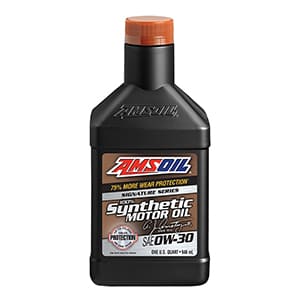
Lubrication and Protection
Motor oil’s primary job is to reduce friction between your engine’s moving parts. When metal parts like pistons and cylinders rub together, they create friction, which leads to wear and tear. This is where motor oil steps in.
Forms a Protective Layer
Motor oil creates a thin film between metal parts. This film allows the parts to glide over each other without direct contact.
Reduces Noise
By minimizing friction, motor oil also helps reduce engine noise, making your driving experience smoother and quieter.
Prevents Damage
Continuous lubrication helps prevent damage to vital engine components, extending the engine’s lifespan.
Heat Dissipation
Engines generate a lot of heat when they run. Without proper cooling, engine parts can overheat, leading to major problems. Motor oil helps keep things cool.
Absorbs Heat
As it circulates, motor oil absorbs and carries away heat from critical engine areas.
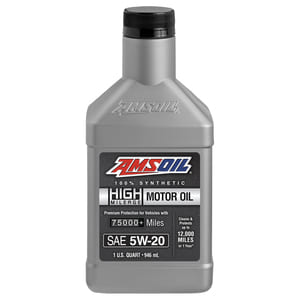
Dispersion
The oil then disperses this heat away from the engine parts, helping maintain a stable operating temperature.
Thermal Stability
High-quality motor oils have better thermal stability, meaning they can handle the heat without breaking down.
Cleaning and Preventing Corrosion
Motor oil is not just a lubricant; it also serves as a cleaner. It helps keep your engine free from harmful deposits and corrosion.
Captures Contaminants
Over time, engines accumulate dirt, metal particles, and other debris. Motor oil contains detergents that capture contaminants and keep them suspended, preventing them from settling on engine parts.
Prevents Sludge Formation
Sludge can clog your engine and reduce efficiency. Good motor oils help prevent sludge formation, keeping your engine clean.
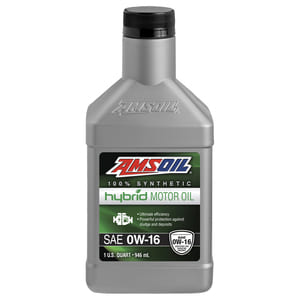
Anti-Corrosive Agents
Motor oils have additives that protect against rust and corrosion, ensuring the longevity of your engine.
Understanding these key roles of motor oil will help you appreciate why choosing the right motor oil is so essential for your car’s health.
How Motor Oil Works
Understanding how motor oil works is essential for maintaining your engine’s performance and longevity. Here’s a breakdown of how motor oil keeps everything running smoothly.
The Oil Pump System
The oil pump is like the heart of your car’s engine. It circulates oil, ensuring every moving part gets the lubrication it needs.
How it Works
The oil pump draws oil from the oil pan and pushes it through the engine via channels and passages.
Consistent Flow
The pump ensures a constant flow of oil, even at high speeds or under heavy loads. This helps maintain a steady supply of oil to all parts.
Pressure Control
Modern oil pumps come with pressure control mechanisms to maintain optimal oil pressure. This ensures that oil reaches even the most remote parts of the engine efficiently.
Without the oil pump, the engine’s components would not get the oil they need, leading to increased wear and tear and potential engine failure.
Formation of Protective Oil Film
Motor oil does more than just flow through the engine; it creates a protective film that is crucial for preventing damage.
Thin Film Layer
As oil circulates, it forms a thin film on moving parts, creating a barrier that prevents metal-to-metal contact.
Reduction of Friction
This film minimizes friction, which in turn reduces heat and wear on the engine’s moving parts.
Enhanced Protection
Good quality motor oils, especially those with synthetic formulations like AMSOIL, create a more durable and consistent film. This provides superior protection, especially in extreme conditions.
Visualize this thin film like a well-oiled zipper, sliding easily and preventing the teeth from grinding against each other. This is how motor oil protects your engine parts, ensuring they move easily without causing damage.
Understanding the oil pump system and the formation of the protective oil film can help you appreciate why choosing the right motor oil is so important for your engine’s health.
Motor Oil and New Technologies
In today’s fast-paced world, engine technology is constantly evolving to improve fuel efficiency and performance. Modern engines come with advanced features that demand high-quality motor oils capable of meeting new challenges. Let’s explore why quick lubrication and reducing wear and tear are vital for these engines.
Quick Lubrication Needs
Modern start-stop engines are designed to save fuel by shutting down when the car is idle and restarting when you press the accelerator. This frequent stopping and starting put additional strain on the engine’s components. Quick lubrication is crucial here.
Instant Protection
These engines need motor oil that can quickly flow and lubricate engine parts the moment they start. Delays in lubrication can cause metal components to scrape against each other, leading to wear.
Cold Starts
In colder climates, engines need even faster lubrication. High-quality motor oil with excellent viscosity ensures it flows quickly, even in low temperatures. This way, every part gets the lubrication it needs without delay.
Efficiency
Quick lubrication helps maintain your engine’s efficiency. When parts are well-oiled, they move smoothly, reducing the energy required to run the engine. This adds up to better fuel efficiency and less wear on your engine.
Reducing Wear and Tear
Frequent engine restarts in start-stop systems can lead to significant wear and tear if not properly managed. High-quality motor oils help minimize this wear.
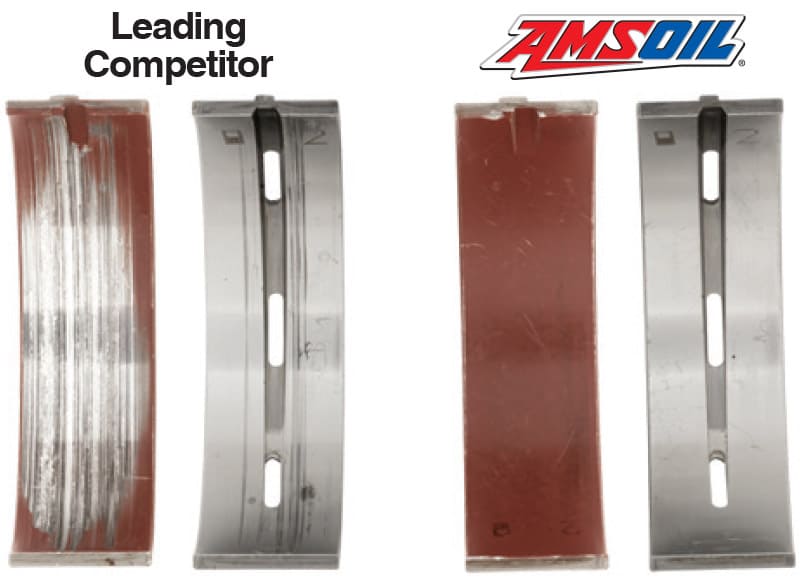
Durable Film
These motor oils create a more durable and consistent film that protects engine parts during each restart. Think of it as a shield that reduces the impact of metal parts coming back to life.
Enhanced Additives
High-quality oils contain additives that enhance their protective qualities. These additives help resist the breakdown of oil under high stress and temperatures, ensuring the oil maintains its protective properties longer.
Preventing Deposits
Frequent starting and stopping can lead to deposit formation. High-quality oils are formulated to prevent sludge and varnish build-up, keeping the engine clean and running efficiently.
Extending Engine Life
By reducing friction and wear, these oils help extend the overall life of your engine. This means fewer repairs and a longer lifespan for your vehicle.
Understanding the importance of quick lubrication and reducing wear and tear can help you appreciate why selecting the right motor oil is crucial for modern engines. With the right oil, you can ensure your engine performs optimally, even under the demands of new technologies.
Choosing the Right Motor Oil
Selecting the right motor oil for your car is key to keeping your engine healthy. It’s not just about picking any oil off the shelf—there’s more to consider. Understanding the differences between conventional and synthetic oils, and knowing how to read oil labels and viscosity ratings, can make all the difference.
Conventional vs. Synthetic Oils
When it comes to motor oils, you have two main types to choose from: conventional and synthetic. Each type has its own set of benefits and drawbacks.
Conventional Motor Oils
Conventional oils are made from refined crude oil. They have been used for decades and work well for many vehicles.
Pros
Cost-Effective: Generally, conventional oils are cheaper than synthetic oils.
Availability: Easy to find at most auto parts stores and gas stations.
Adequate for Older Cars: Often suitable for older engines that don’t require the advanced protection synthetic oils provide.
Cons
Less Stable: Prone to breaking down faster in extreme temperatures.
More Frequent Oil Changes: Requires more frequent changes, which can be less convenient.
Less Effective Protection: Does not offer the same level of protection against engine wear and sludge as synthetic oils.

Synthetic Motor Oils
Synthetic oils are engineered to offer superior performance. They start with base oils that are refined further and fortified with chemicals to enhance their attributes.
Pros
Better Engine Protection: Provides excellent protection against engine wear and tear.
Longer-Lasting: Requires fewer oil changes, which can save you time and money in the long run.
Superior Performance in Extreme Conditions: Performs better in both high heat and freezing temperatures.
Improved Fuel Efficiency: Helps engines run more efficiently, which can lead to better gas mileage.
Cons
Higher Cost: Generally more expensive than conventional oils.
Overkill for Some Vehicles: Not always necessary for older cars or vehicles used exclusively for short trips.
Choosing between conventional and synthetic oil depends on your driving habits, the age and condition of your vehicle, and what kind of performance you expect.
Reading Oil Labels and Viscosity Ratings
Understanding motor oil labels and viscosity ratings can help you make an informed choice. Here’s what to look for.
Viscosity Ratings
Viscosity is a measure of how thick or thin the oil is at certain temperatures. You’ll often see numbers like “5W-30” on oil bottles. Here’s a breakdown of what these numbers mean:
5W: The “W” stands for winter. The number before the “W” indicates the oil’s viscosity at low temperatures. Lower numbers mean the oil will flow easier in cold conditions.
30: The second number represents the oil’s viscosity at high temperatures. Higher numbers mean the oil is thicker, providing better protection at high temperatures.
Choosing the Right Viscosity
Your car’s manual will recommend the best viscosity for your engine. Generally, for modern engines, a multi-grade oil like 5W-30 is ideal because it performs well in a range of temperatures.
Oil Additives
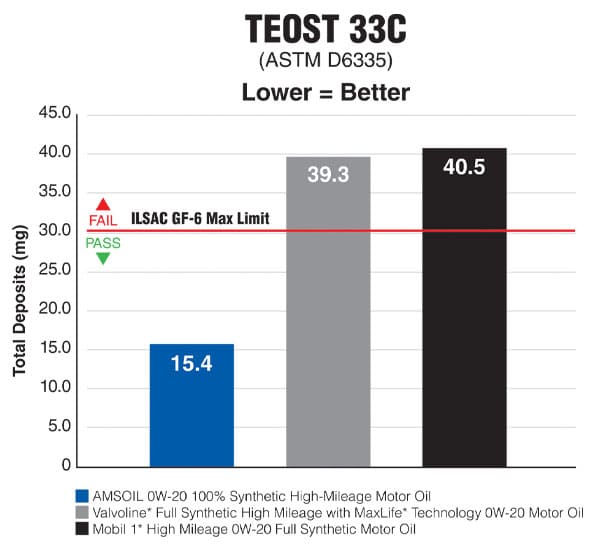
Oil is more than just a base fluid. It’s packed with additives that enhance its performance:
Detergents: Help keep the engine clean by preventing sludge and deposits.
Anti-Wear Agents: Reduce engine wear by forming a protective layer on metal surfaces.
Rust and Corrosion Inhibitors: Protect metal parts from rust and corrosion.
Viscosity Modifiers: Help the oil maintain its viscosity across a wide range of temperatures.
Certification Marks
Look for certification marks on the oil bottle, such as the API (American Petroleum Institute) starburst symbol or the ACEA (European Automobile Manufacturers Association) rating. These marks indicate that the oil meets industry standards for performance and protection.
In summary, choosing the right motor oil involves understanding the type of oil, its viscosity, and the additives it contains. With the right information, you can make sure your engine stays protected and performs at its best.
Advantages of High-Quality Motor Oils
Choosing the best motor oil is crucial for keeping your car’s engine in top shape. High-quality motor oils offer several advantages that directly impact your vehicle’s performance and longevity.
Wear Protection and Engine Longevity
High-quality motor oils create a strong, protective layer that reduces friction between engine components. This film prevents metal parts from grinding against each other, which minimizes wear and tear.
Using a premium oil enhances engine longevity by:
Reducing Friction: Lesser friction cuts down on wear and tear, prolonging the life of your engine.
Protecting Critical Parts: High-quality oils protect critical engine components, ensuring they remain in top condition.
Less Frequent Repairs: With better protection, you are less likely to face costly engine repairs or replacements.
Think of high-quality motor oil as a suit of armor for your engine, shielding it from damage and helping it perform better for a longer time.

Performance in Extreme Temperatures
Synthetic oils, such as AMSOIL, are engineered to excel in extreme temperatures. Unlike conventional oils, synthetic oils maintain their performance in both scorching heat and freezing cold.
Here’s how they outperform conventional oils:
High Heat: Synthetic oils resist breaking down at high temperatures, providing consistent performance and protection.
Cold Starts: In cold weather, synthetic oils remain fluid and flow quickly, ensuring instant lubrication. This is especially important during winter months when conventional oils can thicken and slow down.
Imagine trying to run a marathon in scorching heat or freezing cold without the right gear. Just like you need the right equipment, your engine needs the right oil to perform well in extreme conditions.
Fuel Efficiency
High-quality motor oils can also help improve your car’s fuel efficiency. When your engine is well-lubricated, it doesn’t have to work as hard to operate smoothly.
Here are some ways premium oils boost fuel efficiency:
Reduced Friction: Less friction means the engine uses less energy to run, which can translate to better fuel economy.
Cleaner Engine: High-quality oils keep the engine cleaner by preventing sludge and deposits, which improves overall efficiency.
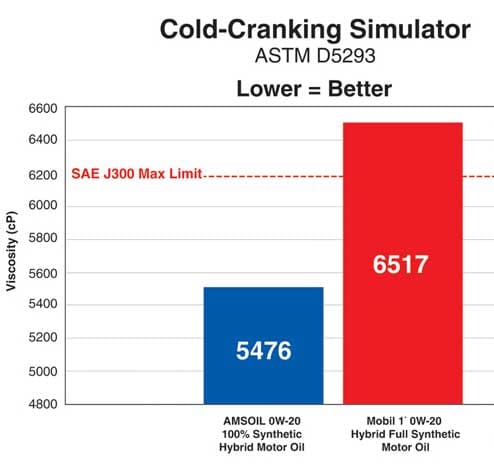
Optimal Viscosity: These oils maintain optimal viscosity, ensuring they flow easily and reduce drag on the engine.
Think of it like riding a bike with well-oiled gears. The ride is smoother, requires less effort, and you can go farther without tiring as quickly. High-quality motor oil provides a similar benefit to your engine, helping it run more efficiently and use less fuel.
By using high-quality motor oils, you not only protect your engine but also enhance its performance, especially in extreme temperatures, and potentially save on fuel costs. This makes choosing the right motor oil a smart investment for any car owner.
Conclusion
Choosing the right motor oil is essential for maintaining your car’s performance and longevity. High-quality motor oils offer superior protection, better fuel efficiency, and optimal performance in extreme temperatures. Always consult your vehicle manual to ensure you select the best motor oil for your engine. Consider high-quality options like AMSOIL for enhanced engine protection and efficiency. Make the informed choice that will keep your engine running smoothly for years to come.

